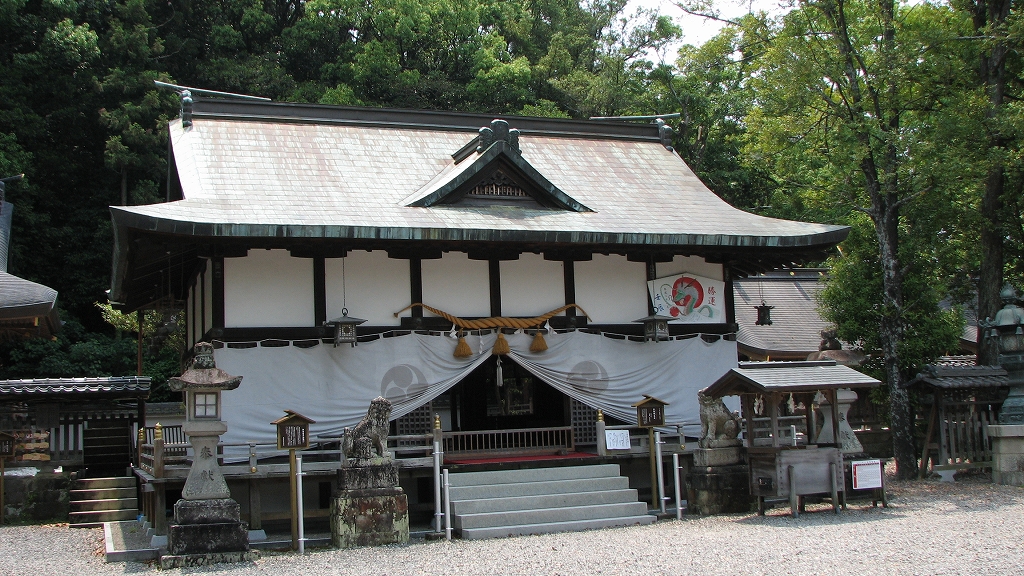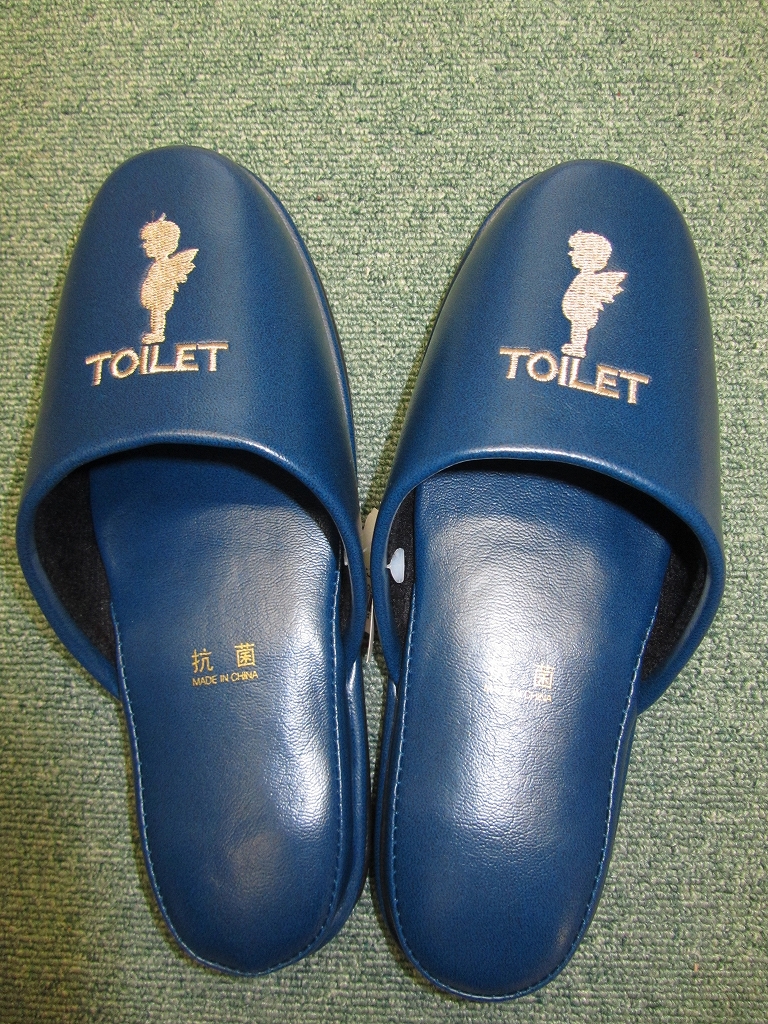Keeping it Clean: the Japanese obsession with cleanliness
CONTENTS
Keeping it Clean: the Japanese obsession with cleanliness
By D. Robinson
Take off your shoes! This custom is probably the first piece of Japanese culture a visitor to Japan learns on, or before, arrival, that along with the ubiquitous bow. Removing footwear before entering homes, some schools and even the occasional office or restaurant is the first indication that you have landed in a very clean country populated by very clean people. In fact the western saying of “cleanliness is next to godliness” could be rephrased as “cleanliness is next to Japanese-ness.” Non-Japanese are often perplexed by this near obsessive and sometimes apparently unnecessary preoccupation with keeping oneself and everything around oneself clean.

Even the earliest visitors to Japan commented on the level of cleanliness in the nation and on how the Japanese viewed outsiders as rather uncouth, unsophisticated creatures by comparison. The Italian anthropologist, ethnologist and Japan-ologist Fosco Maraini saw a link between being physically clean, having a clean environment and being ethically clean, as he wrote in his 1960 book Meeting with Japan “The ethical expression of purity was conceived as sincerity (makoto), which has been a cardinal value in Japan down the centuries and which is still highly admired today.”
A friend and compatriot once mentioned to me; “When I first arrived in Japan I was really self-conscious, almost intimidated, by how everything and everyone was so clean! I kept feeling like I was going to offend everyone by doing something wrong and making something dirty by crossing that boundary between what’s clean and what isn’t.”
I had similar experiences myself. Once when visiting the home of some Japanese friends, as I struggled to undo my inconvenient lace-up shoes while trying to balance on one foot, the toe of my sock touched the floor of the genkan entranceway, that is the lower floor inside the front door but still considered to be “outside.” As I did, an audible gasp of horror rose from my hosts as if I had committed sacrilege and was about to defile the purity of their home with my now impure sock. I can remember reading newspaper stories just after the Great Hanshin Earthquake in 1995 of Japanese entering damaged shops to help themselves to the goods inside, (politely leaving money on the counter to pay for what they’d taken!) but not for food but to get clean underwear.
For the Toilet Only

Almost all toilets are equipped with hi-tech wash-let systems, doing laundry is a daily chore for many families, when Japanese finish chewing gum they wrap it in its own paper before disposing of it, conductors walk the lengths of their trains after each journey picking up any litter left behind, and garbage is strictly sorted before disposal and recycling. Even taking a bath in Japan seems to model an extreme of almost ritual cleanliness; the bather actually washes before they even get into the bath, the reason behind this is that, in the Japanese bathing system, the bath water is used for a relaxing soak by the whole family rather than an individual so the water must be kept clean.
OK, so everyone likes to be clean, no one really likes to be unwashed in dirty clothes in a grubby house and we all enjoy a hot shower at the end of the day, but why is it that the Japanese take the ideals of being clean to such a height?
The Reason Behind the Cleanliness
Naturally there are some obvious answers. Japan is a nation of an enormous population living in very close proximity, colds and flu are rampant in winter and the hot, humid summer provides perfect conditions for bacteria to thrive. Millions of people find themselves jammed into trains on a daily basis; therefore personal hygiene is not only polite but essential to prevent the spread of illnesses. Japanese traditionally sit on the floor at home, as opposed to chair hogging westerners, and so one wants the place where one sits to be clean and dirt free, after all putting your shoes on a seat is considered a no-no in the west.
To try and figure out just why this seemingly simple wish to be clean is so important to the Japanese is to take a leap into the complexities of what it means to be Japanese, as it seems that the ideals of cleanliness is something that pervades all aspects of Japanese culture, society, ethics and language, as described by the esteemed Japanese anthropologist Emiko Ohnuki-Tierney; “This clean feeling is not only personally most desirable and satisfying…it is one of the most cherished values in contemporary Japan…the same expressions are used to describe cleanliness in the hygienic sense as well as the moral sense.”
"If it is dirty the good, helpful kami or gods won’t enter"
One local friend I discussed the topic with pointed towards the system of beliefs found in Shintoism.
“The jinja or Shinto shrine is always a very clean place, if it is dirty the good, helpful kami or gods won’t enter, we feel the same about our homes, we want them to be clean just as we want ourselves to be clean.”
It is almost as if an outer physical cleanliness is a tangible expression of an inner ethical purity, a dirty person can’t be a good person, a dirty home can’t belong to a good person.
I also wondered if deep in the Japanese mind there is a sense that the body itself is by nature impure. Buddhism has pervaded Japanese thinking and following the faith is meant to have a profound effect on the mind. One of the main meditations designed to help sever attachment to the body/self is to consider the unattractive substances, blood, bile and bone, that comprise the body and also the filth the body produces several times a day. As the same friend explained;
“Japanese traditionally don’t like to touch those we don’t know well, the bow is formal and very polite but when bowing there is a clear distance between us, handshakes are a more recent custom copied from the west and we usually only use it for people we know well.”
Japan is an orderly country, perhaps the most orderly place on the planet, everything is in its proper place and where it is meant to be, except dirt. Dirt, by its very definition, is something that is where it isn’t supposed to be; an empty coffee can be left on the train, mud on our shoes, and sweat in our clothes on a sticky summer’s day. This leads to the formation of clear but sometimes invisible boundaries; that of “inside” and “outside” places where dirt may exist and places where it is not allowed. Another friend’s mother, who ran a typically spotless Japanese household elaborated;
“Outside the house is dirty, our shoes have touched the dirty ground and by taking them off in the home we break the physical connection to outside and create a clean inside, also in the toilet we have special slippers for that room only, which we think of as of course not being a very clean place, by wearing slippers in there we leave the dirt behind before we come back into the clean living room, kitchen and bedrooms.”
This lead me to one more perplexing question regarding one of the things that has shocked me most in Japan, the fact that, while homes are spotless, streets are almost devoid of litter, trains are clean and even public toilets can be surprisingly inoffensive, why is it that many rivers, beaches and natural places are seen as a place to throw garbage, plastic bottles, cans and noodle cups and somewhere to dispose of unwanted TV sets and old furniture? “I guess like anywhere there are some people who just don’t care.” This simple and somewhat sad answer was repeated by anyone I asked.


